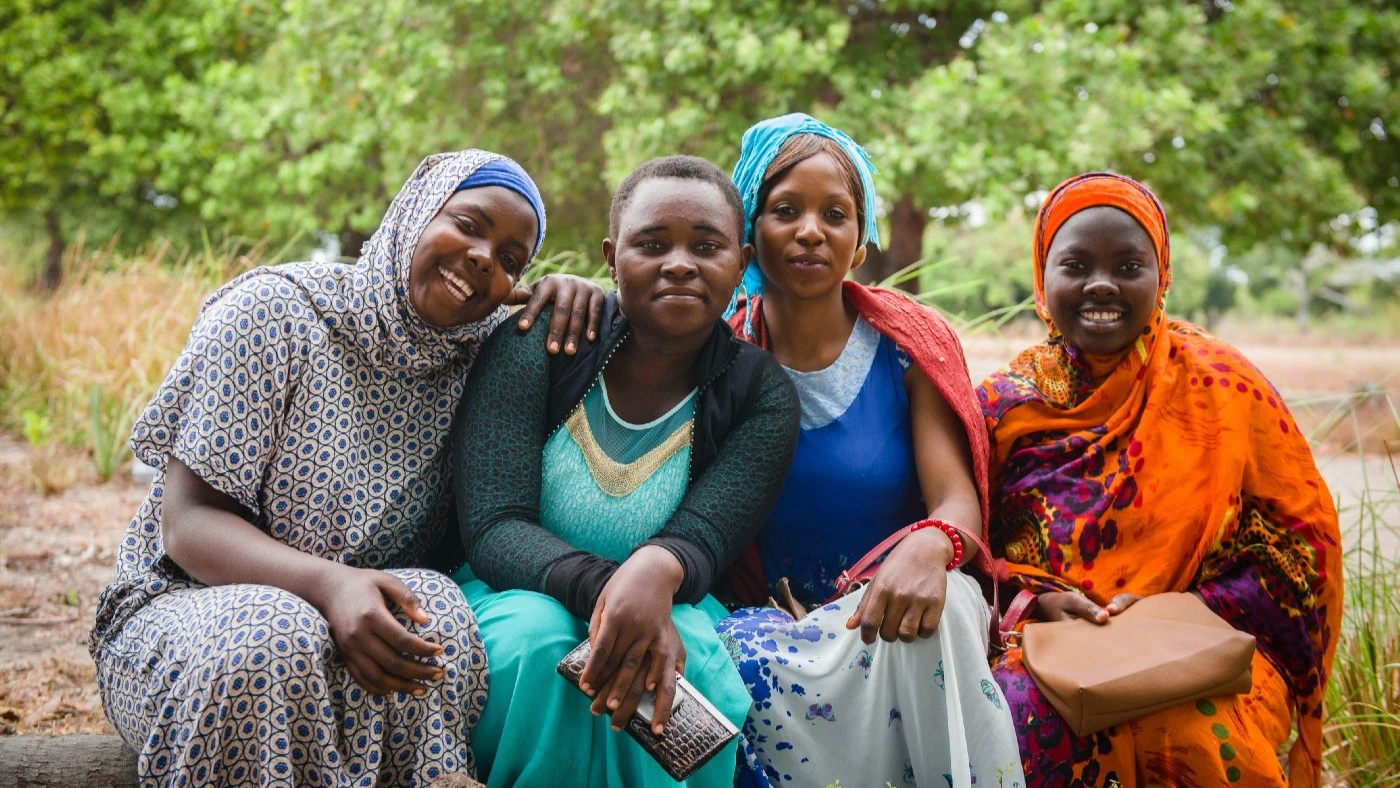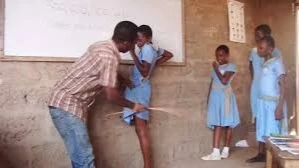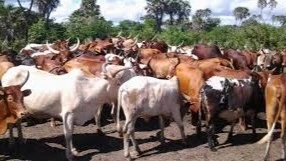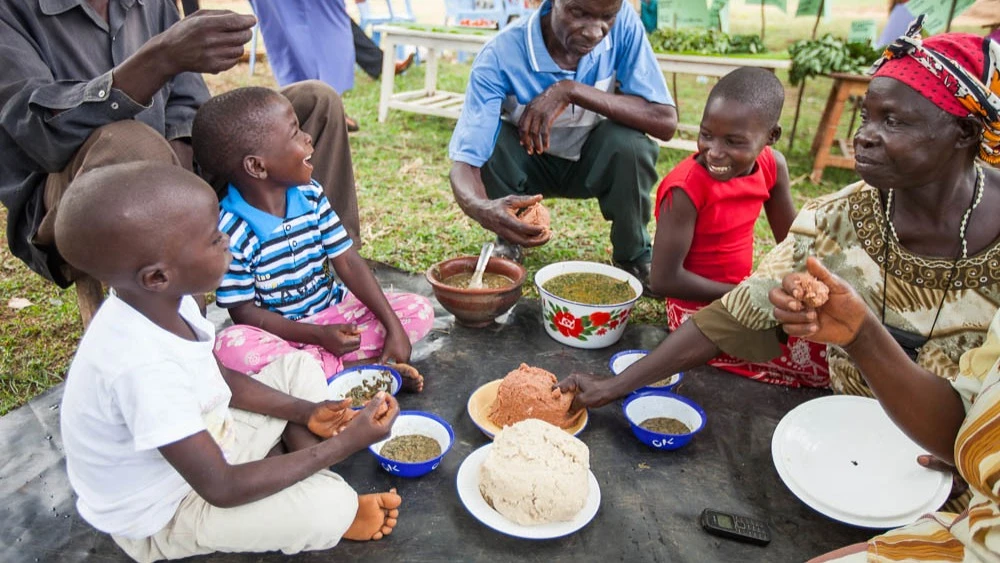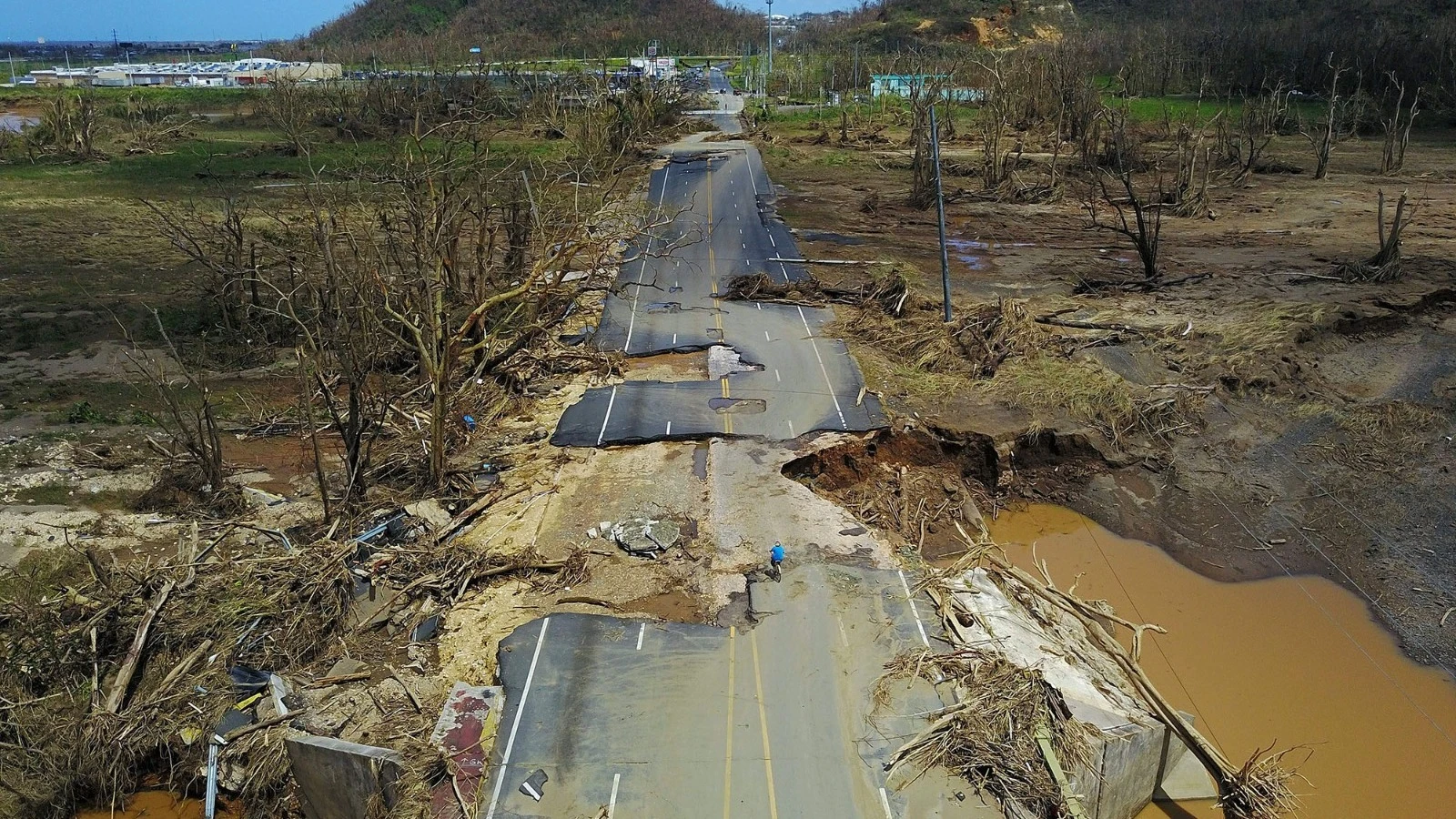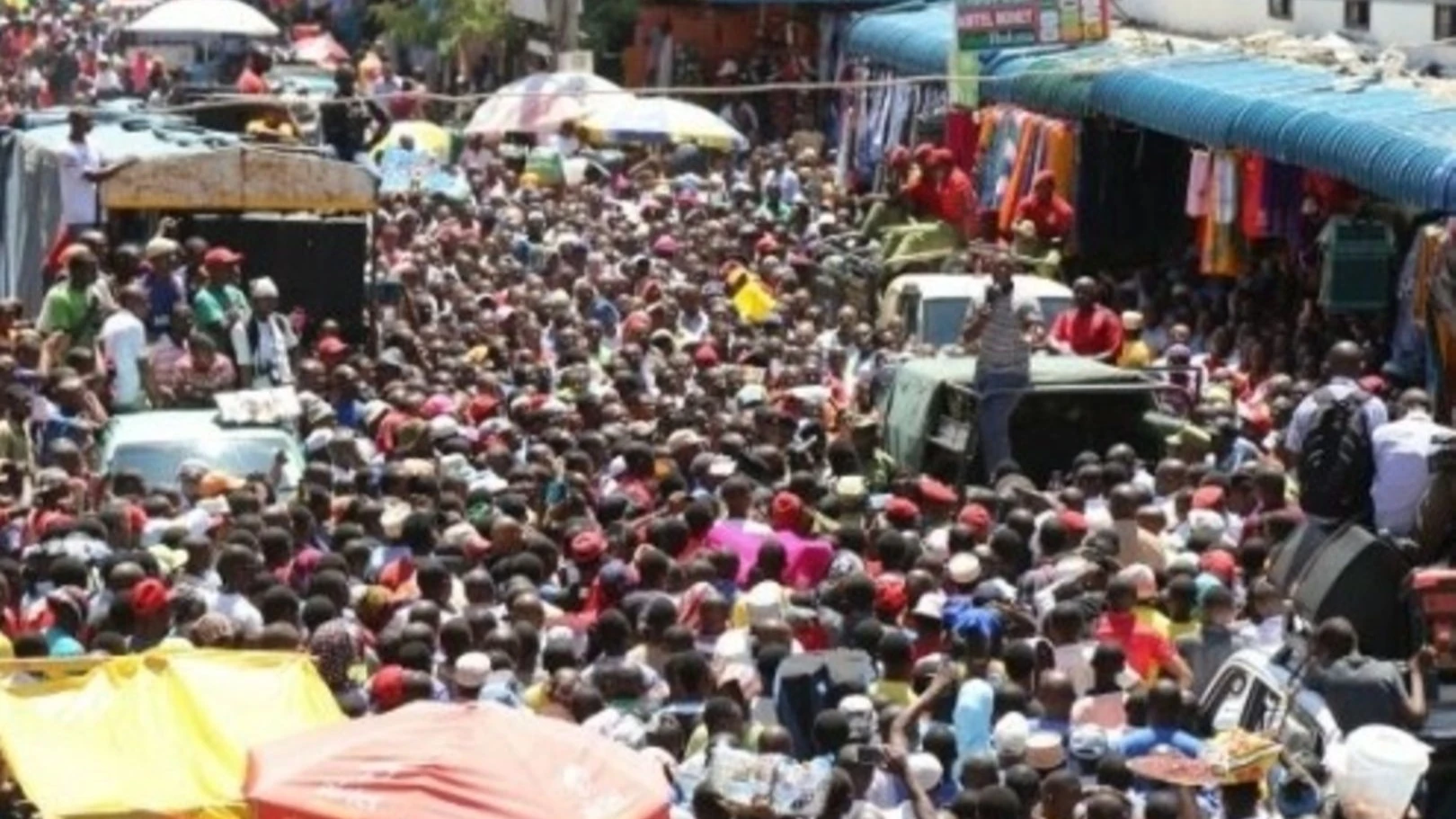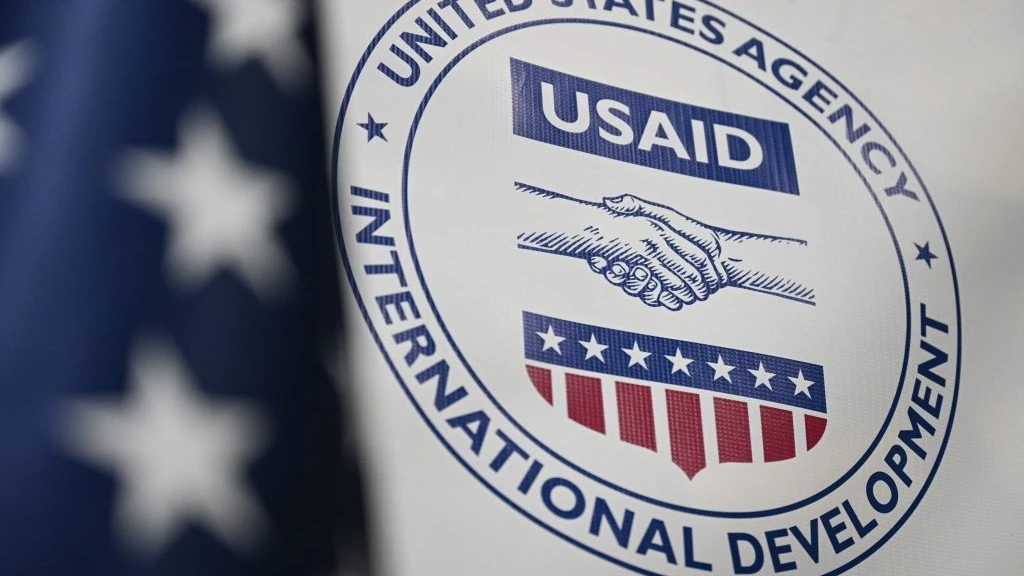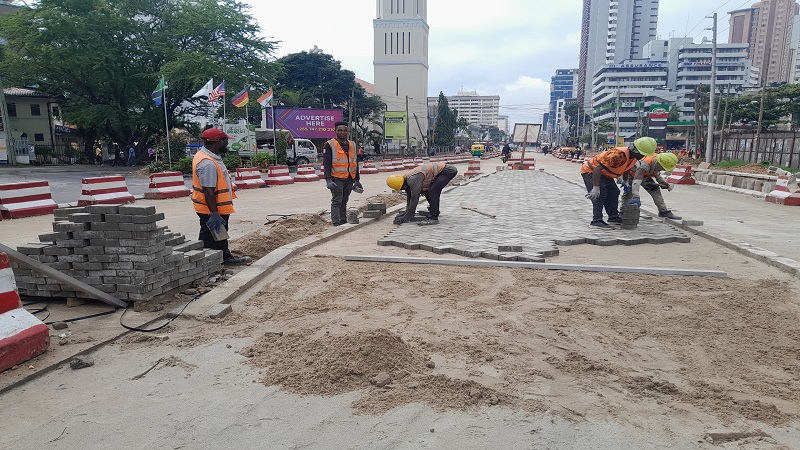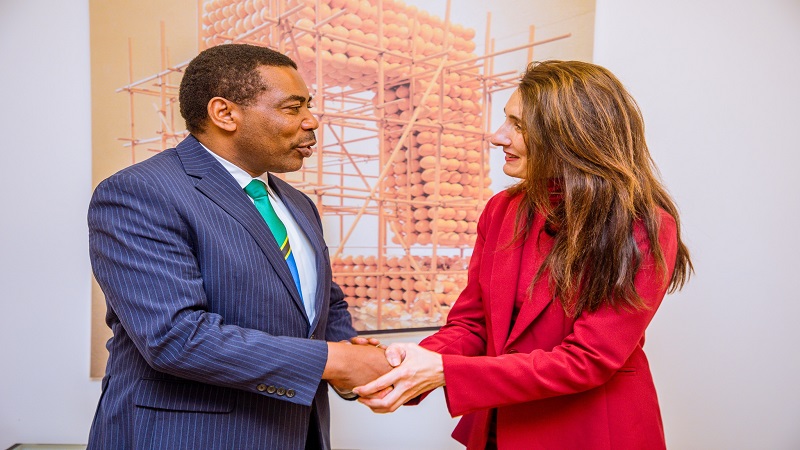Intelligent voting determines culture of democratic governance

THIS year Tanzanians have another opportunity to participate in the presidential, parliamentary and councillors’ election.
Last year, they participated in the local government election, which left many opposition candidates dissatisfied with the results. Vote rigging is one of the election flaws, which is complained about by opposition members.
As we think of this year’s general election, it means our votes are going to determine the type of leaders we will have for the next five years. If we vote intelligently it means we are going to have competent leaders who will hold various public positions for the service of all Tanzanians. However, if we vote unintelligently it means we are going to have bogus leaders who will hold those positions not for the service of all Tanzanians, but for the service of their own interests. So, intelligent voting is very important in establishing democratic governance in any country.
As we are often reminded by various election stakeholders participating in periodic elections is good for the growth of democracy in our country. We know that we still have a fledgling democracy and it takes time to establish democratic institutions and governance. This means with a fledgling democracy many things may not meet public expectations, but it is our responsibility to ensure we play our part in establishing democratic institutions and governance which will also facilitate the existence of open civic space.
CIVICUS Monitor in its “People Power Under Attack 2024” report says repression of democracy activists and dissenting voices has escalated, particularly around last year’s many elections, endangering activists and undermining democratic freedoms. “In several countries, authorities have used violent repression, including killings, disappearances and torture, to create a chilling atmosphere with the aim of silencing dissent,” the report says.
It adds that threats and intimidation are key tactics authorities use to silence dissenting voices. This is true especially in developing countries, notably in sub-Saharan Africa. Yet, even in the face of repression, the report stresses, civil society continues showing remarkable resilience, achieving significant victories and progress in securing civic freedoms. This is very important in establishing democratic institutions and governance in the country.
Article 3(1) of the Constitution of the United Republic of Tanzania (as amended until 20225) states that Tanzania is “a democratic and secular state which adheres to multiparty democracy.” Furthermore, Article 8(1) provides that Tanzania is “a state which adheres to the principles of democracy and social justice and accordingly - (a) sovereignty resides in the people and it is from the people that the government through this Constitution shall derive all its power and authority; (b) the primary objective of the government shall be the welfare of the people; (c) the government shall be accountable to the people; and (d) the people shall participate in the affairs of their government in accordance with the provisions of this Constitution.”
Dr Kevin Casas-Zamora, Secretary-General for International Institute for Democracy and Electoral Assistance (IDEA) in The Global State of Democracy 2024: Strengthening the Legitimacy of Elections in a Time of Radical Uncertainty report emphasises “how procedural and substantive pressure influences public perceptions of elections, and how those perceptions in turn shape democratic outcomes.”
The report says expert assessments of electoral integrity have raised issues such as campaign finance and fair media coverage, both of which have been consistently problematic over time. Uneven media coverage which favours one political party, mainly the ruling party, is to the detriment of opposition parties.
The report touts electoral integrity, which it says encompasses two key principles: the credibility of the entire electoral cycle (as opposed to merely voting and vote counting) and the legitimacy of global norms (contained in international treaties such as the Universal Declaration of Human Rights, the International Covenant on Civil and Political Rights and other international human rights instruments). These two key principles are important especially in fledgling democracies to awaken public trust in the electoral process and in the announcement of election results so that election winners are announced as “winners” and election losers are announced as “losers”.
This will make the electorate believe the election was free and fair otherwise there will be suspicion of vote rigging which reduces public trust. As the report notes flawed elections are detrimental to the legitimacy of democratic systems. “Indeed, countries that hold elections without a bare minimum of the enabling rights required for participation are seen as electoral autocracies,” the report notes.
In the context of Tanzania, there are recurring electoral flaws that are complained about by election stakeholders. It is good to redress them so that election stakeholders can increase trust in election supervision, and in election outcomes. Any change, whatever small it is, starts with individual persons themselves. The reforms election stakeholders demand to be implemented will increase publish trust and participation in electoral processes. Therefore, it is the responsibility of each election stakeholder to ensure the forthcoming general election becomes free and fair and make the results reflect the wishes of voters.
Top Headlines
© 2025 IPPMEDIA.COM. ALL RIGHTS RESERVED












